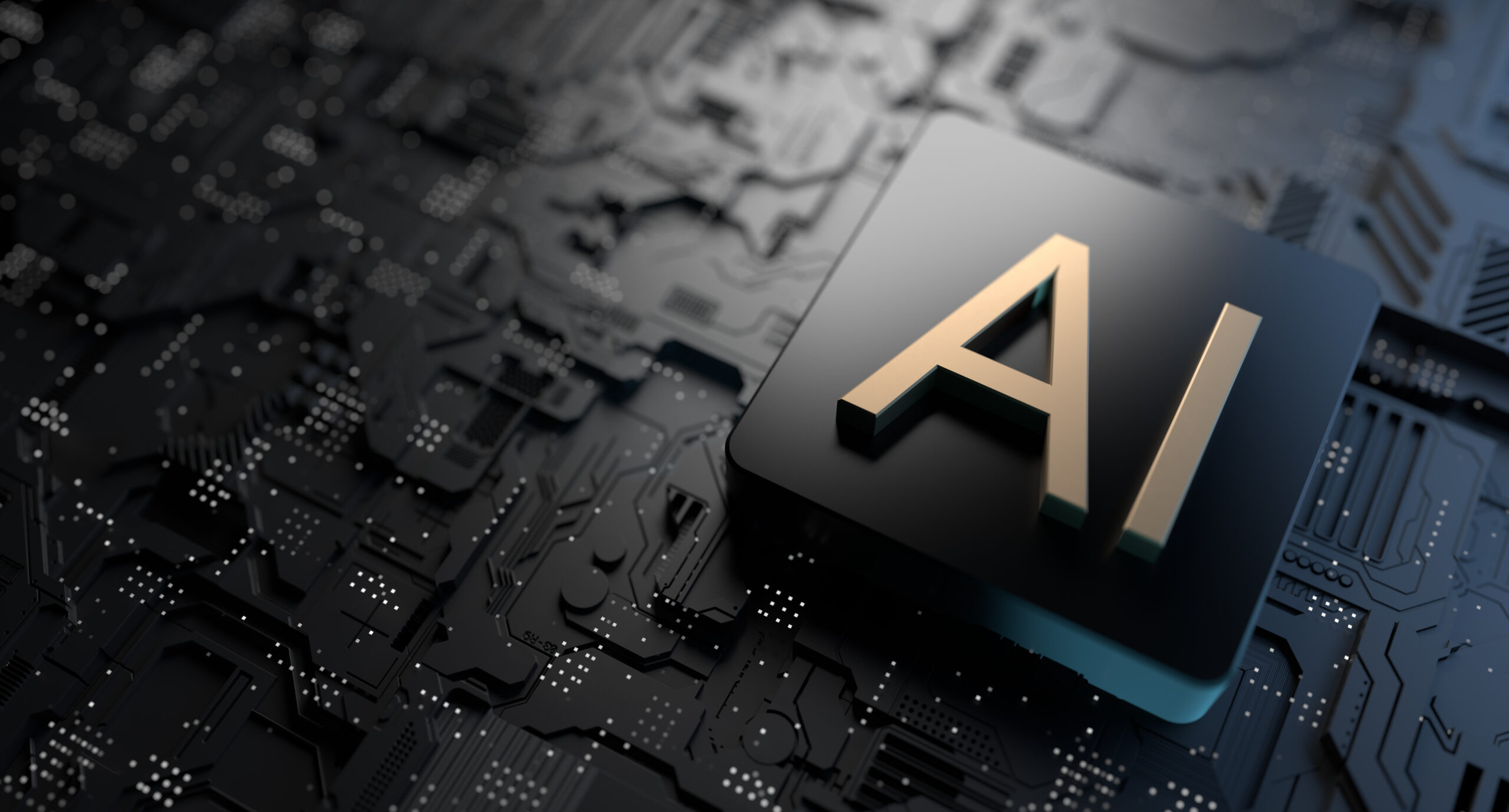Already a subscriber? Make sure to log into your account before viewing this content. You can access your account by hitting the “login” button on the top right corner. Still unable to see the content after signing in? Make sure your card on file is up-to-date.
European Union policymakers have reached a historic consensus on the “AI Act,” legislation aimed at regulating artificial intelligence (AI), following intense negotiations lasting nearly 38 hours.

This groundbreaking decision, as announced by EU chief Ursula von der Leyen, marks a significant step in establishing global standards for AI usage. In a statement, von der Leyen said, “The AI Act is a global first. A unique legal framework for the development of AI you can trust. And for the safety and fundamental rights of people and businesses. A commitment we took in our political guidelines – and we delivered. I welcome today’s political agreement.”
Initially proposed in 2021, this legislative move gained momentum after the ChatGPT release, significantly raising AI’s profile. The “AI Act” aims to embrace AI’s benefits while mitigating various risks, including “misinformation, job displacement, and copyright infringement.” Set to undergo approval by EU member states and the parliament, the law demands transparency from tech companies regarding data for AI training and mandates rigorous testing, particularly in high-risk sectors like autonomous vehicles and healthcare.

According to the legislation, non-compliance could result in fines of up to seven percent of global revenue. This follows President Biden’s executive order in the US addressing AI’s national security and discrimination implications.






